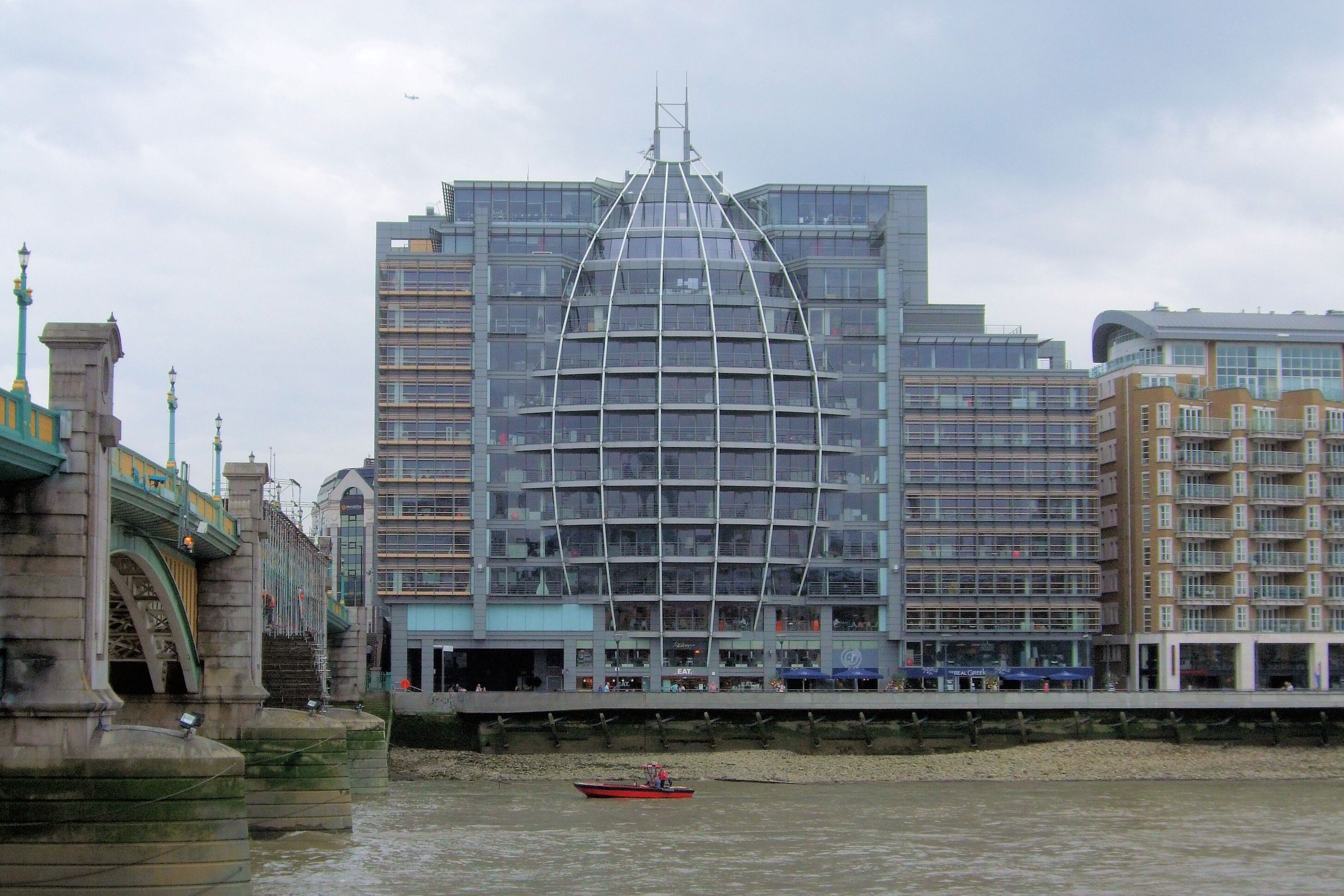By Chloe Howcroft
Last week the UK regulator released its second annual Media Nations report revealing key trends in the broadcasting sector and providing evidence for ongoing debate about the future of public service broadcasting.
Indeed, the report supports Ofcom’s forum ‘Small Screen: Big Debate’, launched last year as part of the ongoing debate to defend the prominence of Public Service Broadcasters (PSB). The report both confirms the importance and value of – as well as highlighting the challenges that remain for – PSBs.
The strengths of PSBs
The report provides some hope for public service broadcasting, emphasising the significant value that PSBs continue to have for audiences. A demand for UK-based and UK-produced content remains high, of which PSBs have delivered more than streaming services. As the report states: ‘Broadcast television, and public service broadcasting in particular, remains valued and accounts for the majority of people’s viewing…’
As such, audience satisfaction levels remain fairly consistent, with nearly three quarters of viewers stating that they are satisfied with the quality of the PSB content they are consuming. As a result, the 5 main broadcasters with a PSB mandate – BBC One, BBC Two, Channel 4, ITV/STV and Channel 5 – maintained their share of broadcast TV at 52% in 2018 (up 1% from 2017).
Half of people in the UK now get their news from social media, but trust it less than all other sources. Read more insights in our report on the latest trends in perceptions and consumption of news in the UK: https://t.co/gH5trRab3Z pic.twitter.com/w0uPkoSRTZ
— Ofcom (@Ofcom) August 6, 2019
Moreover, although younger audiences (16-34 year olds) are watching less broadcast TV than in 2010 overall, their time spent watching PSB channels increased in 2018, up 3% from 2017. Arguably this is because broadcasters are adapting to changing viewing behaviours and attempting to find more appeal for younger viewers using SVoD (subscription video on demand). This includes making series available as boxsets on BBC iPlayer straight after broadcast as well as integrating social media content with broadcast, as found with ITV’s Love Island.
Challenges remain
Yet, it cannot be denied thatPSB viewing figures are in decline. This is in a climate where 4-in-10 viewers state that that they are using online video services as their main source of watching television and film, including Netflix and Amazon. Furthermore, audiences are turning to social media for news consumption, according to Oxcom’s recent News Consumption report.
The report also indicates that while people ‘watched on average 3 hours 12 minutes of broadcast television in 2018’, this was still 49 minutes less than in 2012. Inevitably, revenue and funding continue to play a large contributing factor in these declining figures for PSB channels. Through estimations, Ofcom suggests that ‘in 2018, Netflix and Amazon Prime spent a combined £12.7bn on content globally compared to the total network programme spend of just under £2.9bn for [UK] PSBs.’
For the first time, young people now spend more than an hour a day on YouTube, our report reveals today. The video platform also accounts for 13% of all time spent online by all UK adults: https://t.co/2eJzHvcdIP pic.twitter.com/TlqwftCqw1
— Ofcom (@Ofcom) August 7, 2019
Indeed, it was proposed that approximately 34 more series of Bodyguard would have been needed to be broadcast in 2018 to ‘counteract the overall drop in broadcast viewing since 2017’. This is despite PSBs experimenting with new ways to fund their content, such as co-productions and third-party funding for programming.
In other news
- Ofcom gives BBC permission to make some shows available for up to 1 year on iPlayer – an extension from just 1 month
- ITV and BBC to launch Britbox by the end of the year in recognition of audiences moving towards SVoD services
- The BBC has made their workforce more representative with more females in leadership roles as well as providing more opportunities for budding journalists with disabilities (see BBC’s Extend in News initiative)
- Younger people are abandoning TV news consumption ‘almost entirely’
Header Image: Riverside House, Bankside, London. Home of OFCOM offices. Credit: Jim Linwood/Creative Commons
Related Posts
5th July 2019
UK regulator sets out plans to increase prominence of PSBs
Ofcom announces measures to help public…
